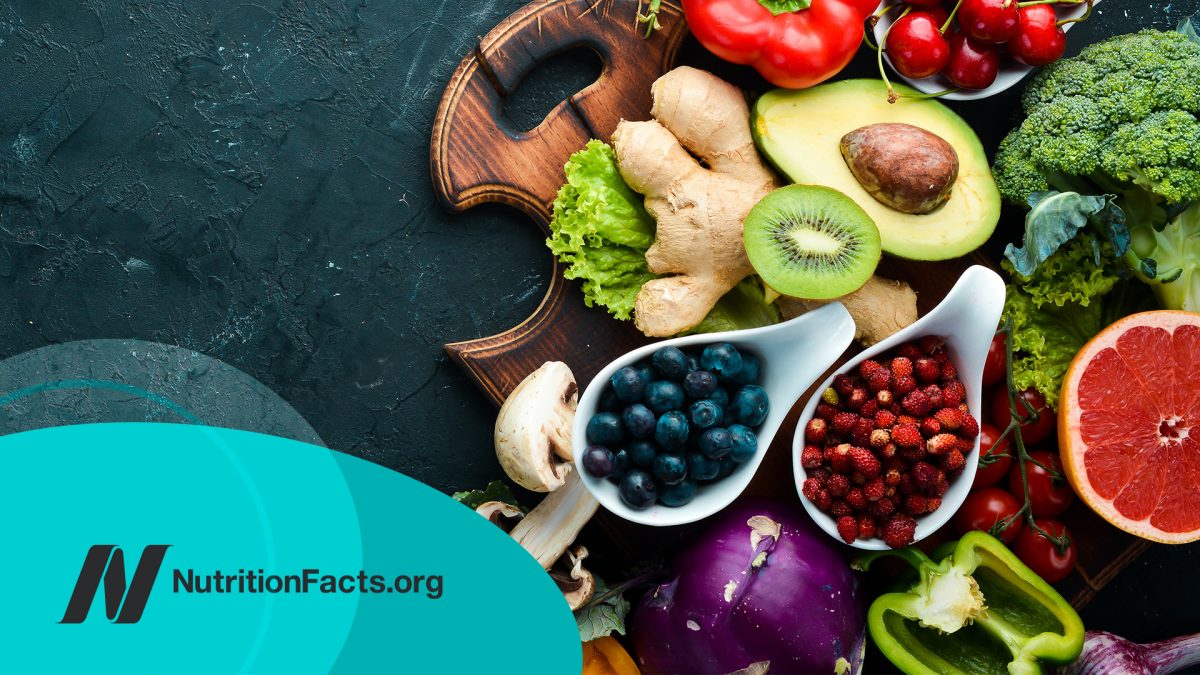
Depression
Whether you’re feeling anxious, sad, or angry, have lost interest in activities that once gave you great joy, or just need to talk with someone, never hesitate to seek professional help. Your well-being—mental, emotional, and even physical—may benefit from it.
Major depression is one of the most commonly diagnosed mental illnesses. Now, everyone feels sad occasionally. A full range of emotions is part of what makes us human. Depression, however, is not just sadness. It is characterized by weeks of such symptoms as low or sad mood, diminished interest in activities that used to be pleasurable, weight gain or loss, fatigue, inappropriate guilt, difficulty concentrating, and recurrent thoughts of death.
Growing evidence indicates that positive psychological well-being seems to be associated with reduced risk of physical illness, and prospective studies that follow individuals over time have found that people starting out happier may indeed end up healthier and less likely to get sick. So mental health does appear to play a part in physical health, which is why it’s crucial that the food you eat support both your mind and your body. Common foods from leafy green vegetables to your basic garden-variety tomato may positively affect your brain chemistry and help ward off depression. In fact, even simply smelling the common spice saffron may improve your emotional state.
Studies on the emotional health and mood states of those eating plant-based diets suggest that eating less meat may not only be good for us physically, but good for us emotionally too. Researchers employed two psychological tests, the Profile of Mood States (POMS) and the Depression and Anxiety Stress Scale (DASS). POMS measures levels of depression, anger, hostility, fatigue, and confusion, while DASS gauges other negative mood states as well, including hopelessness, lack of interest, anhedonia (lack of pleasure), agitation, irritability, and impatience with other people. Subjects eating plant-based diets appeared to experience significantly fewer negative emotions than omnivores. Those eating better also reported feeling more “vigor.”
The traditional explanation of how depression works, known as the monoamine theory, proposes that the condition arises out of a chemical imbalance in the brain. The levels of an important class of neurotransmitters called monoamines, which includes serotonin and dopamine, are controlled by an enzyme called monoamine oxidase (known as MAO) that breaks down any excess monoamines. People who are depressed appear to have elevated levels of this enzyme in their brains. Thus, the theory goes, depression may be caused by abnormally low levels of monoamine neurotransmitters due to elevated levels of the neurotransmitter-munching enzyme.
Many plant foods, including apples, berries, grapes, onions, and green tea, contain phytonutrients that appear to naturally inhibit MAO, as do such spices as cloves, oregano, cinnamon, and nutmeg. This may help explain why those eating plant-rich diets have lower rates of depression. Even on a day-to-day basis, studies have shown that the more fruits and vegetables you eat, the happier, calmer, and more energetic you may feel that day—and this positivity can spill over into the next day.
Avoiding the blues is not just about eating your greens, though. There are also components in certain foods that may increase the risk of depression, such as arachidonic acid, that is blamed for potentially impairing mood by inflaming the brain. The top-five sources of this inflammation-promoting compound in the American diet are chicken, eggs, beef, pork, and fish, although chicken and eggs alone contribute more than the other top sources combined. There are data suggesting that people with higher levels of arachidonic acid in their blood may end up at significantly higher risk of suicide and episodes of major depression.
For substantiation of any statements of fact from the peer-reviewed medical literature, please see the associated videos below.
Popular Videos for Depression

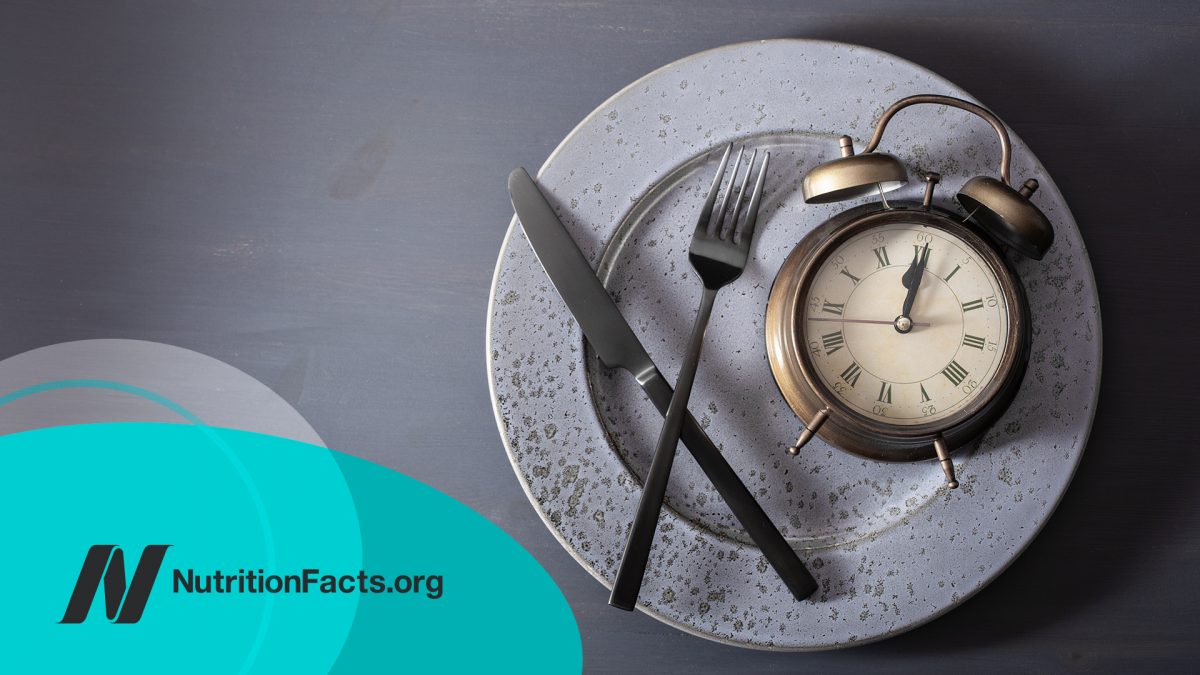
Fasting to Treat Depression
Caloric restriction can boost levels of brain-derived neurotrophic factor (BDNF), considered to play a critical...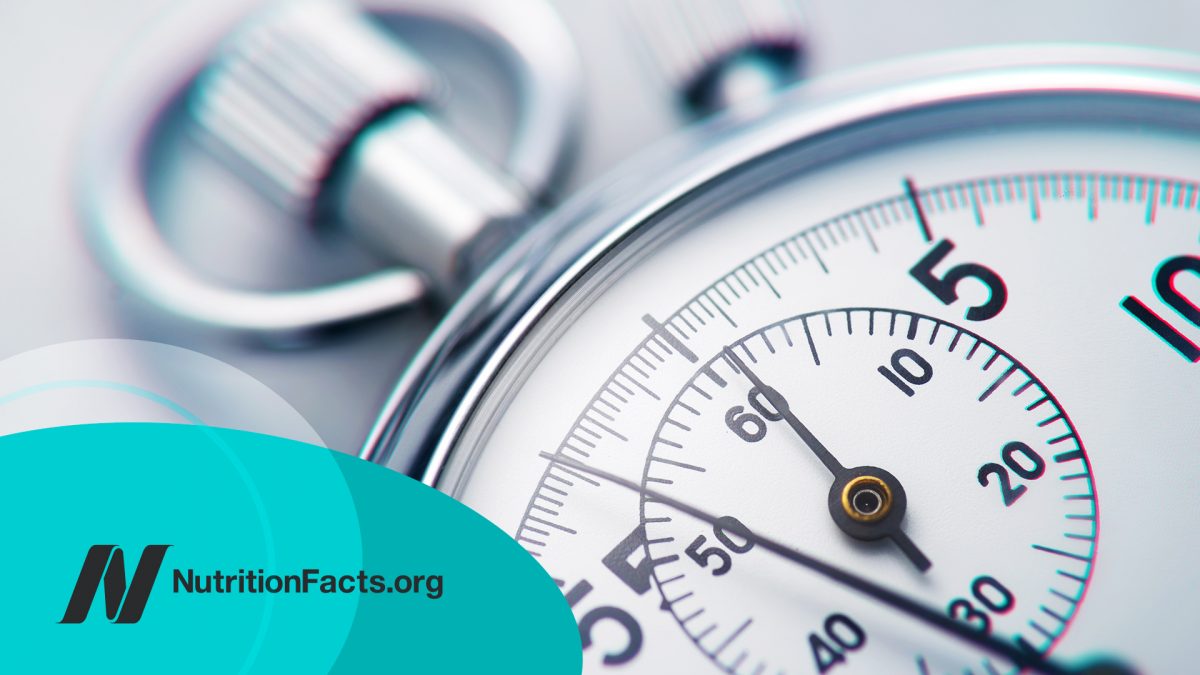
How to Boost Brain BDNF Levels for Depression Treatment
Fasting and exercise can raise BDNF levels in our brain, but this can also be...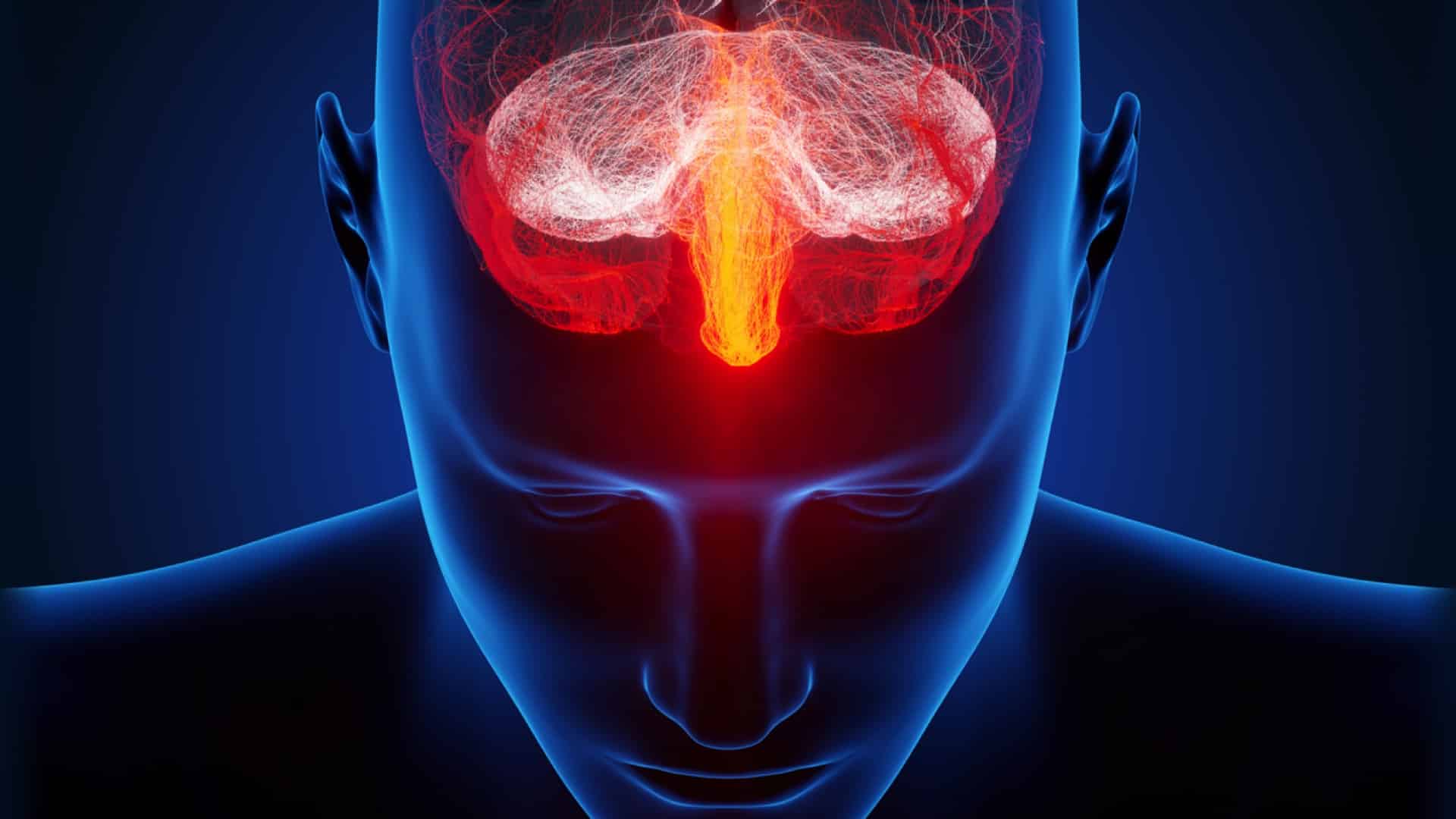
Anti-Inflammatory Diet for Depression
If depression can be induced with pro-inflammatory drugs, might an anti-inflammatory diet be effective in...
Plant-Based Diets for Improved Mood and Productivity
The most comprehensive controlled trial of diet and mood finds that a plant-based nutrition program...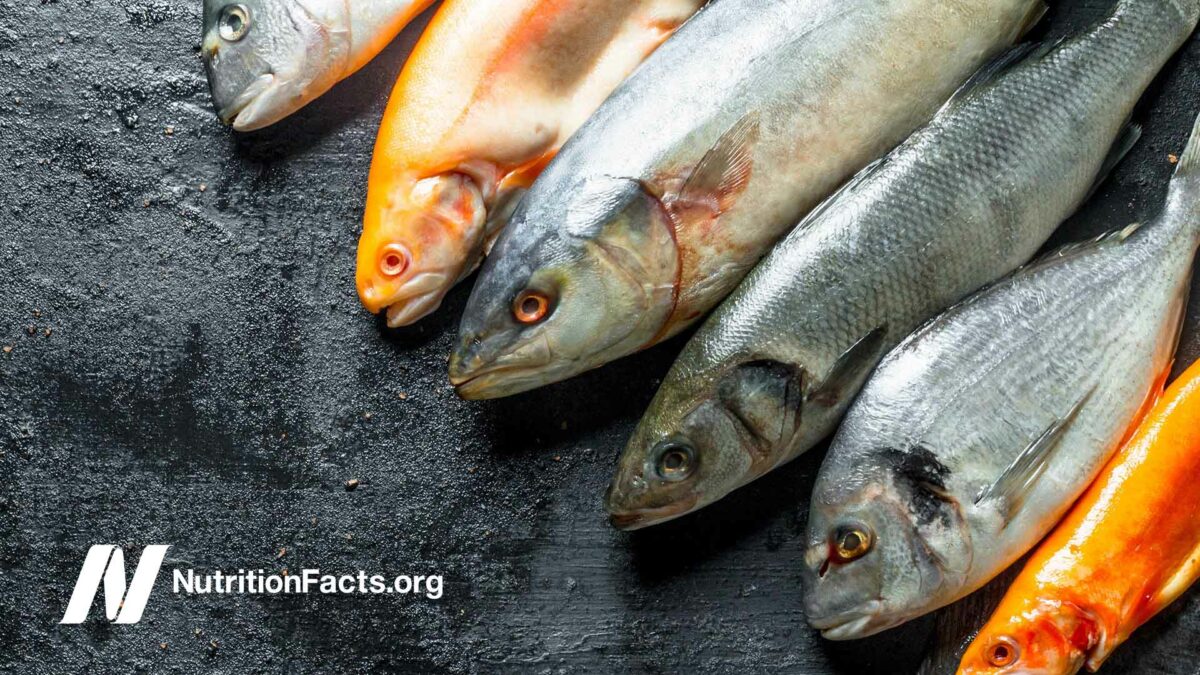
Fish Consumption and Suicide
The mercury content in fish may help explain links found between fish intake and mental...
Antioxidants and Depression
Neither antioxidant or folic acid supplements seem to help with mood, but the consumption of...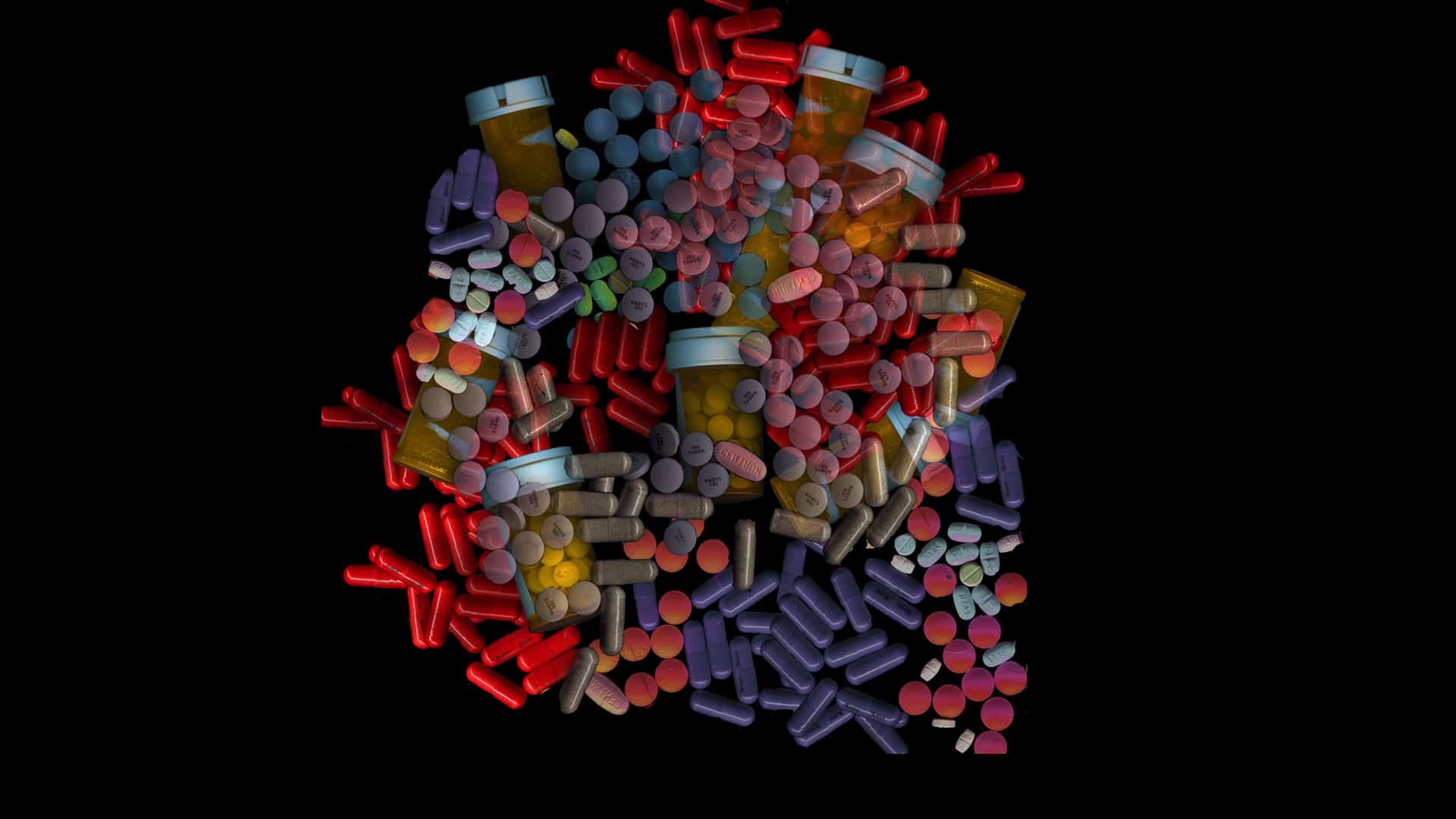
Do Antidepressant Drugs Really Work?
Freedom of Information Act documents show drug companies hid critical findings from doctors and the...
Exercise vs. Drugs for Depression
Aerobic exercise interventions found comparable to antidepressant medication in the treatment of patients with major...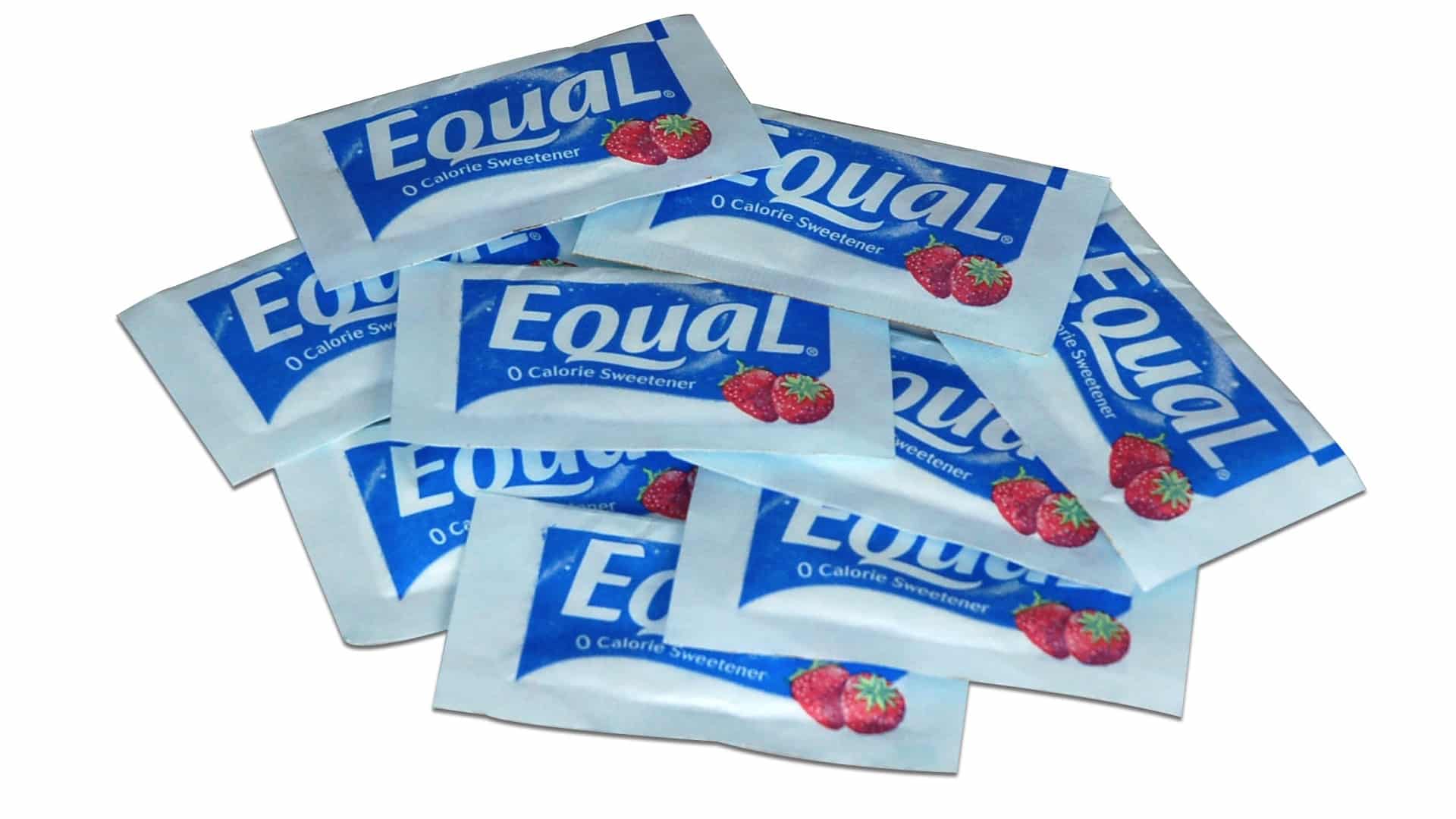
Aspartame and the Brain
The reason artificially sweetened beverages have been associated with depression may be because of psychological...
Gut Feelings: Probiotics & Mental Health
We've known our mental state can affect our gut flora, but might our good bacteria...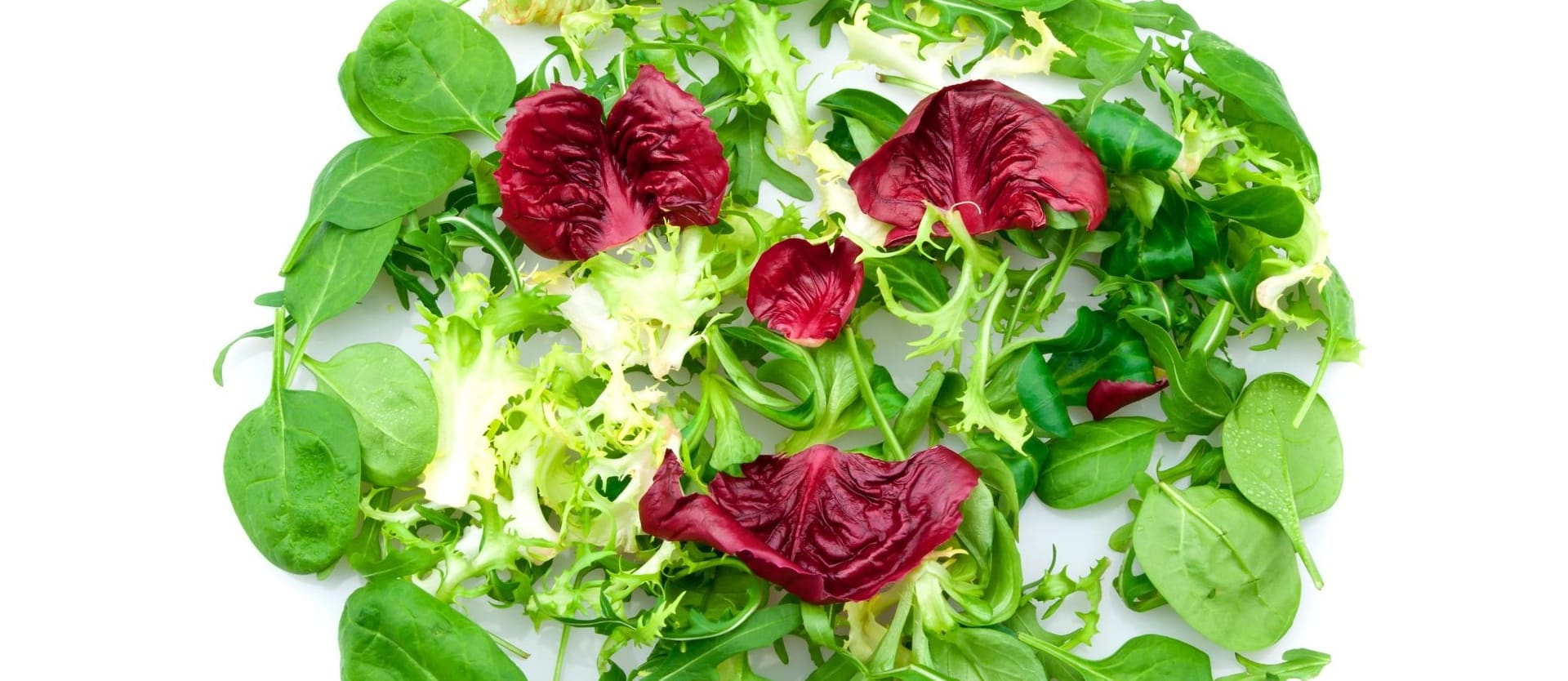
Fighting the Blues with Greens?
Natural monoamine oxidase enzyme inhibitors in fruits and vegetables may help explain the improvement in...All Videos for Depression
-

Who Is Rescuing Whom? Pets and Life Extension
Do pet parents (or pawrents) live longer?
-

The Benefits of Saffron for Treating Age-Related Macular Degeneration
Eight threads of saffron a day can improve visual acuity in older adults with mild or moderate age-related macular degeneration.
-

What Is Essential Hand Tremor and How to Prevent and Treat It
What is the role of dietary beta-carboline alkaloids in the development of the most common movement disorder?
-

How to Control the Side Effects (Including “Ozempic Face”) of GLP-1 Drugs
How might we mitigate the gastrointestinal and muscle loss side effects of GLP-1 weight-loss drugs?
-

Regulators Put the Squeeze on Juice Plus+
The Better Business Bureau and Federal Trade Commission explore the claims of Juice Plus+, a multi-level marketing company.
-

Exercise Is Medicine
The evidence supporting the overall health benefits of physical activity is overwhelming.
-

DHEA: What Is It and What Are Its Benefits?
DHEA levels naturally decline with age. Does replenishing youthful levels have restorative effects?
-

Age-Related Hearing Loss Is Preventable, So What Causes It?
Why do some populations retain their hearing into old age?
-

Yoga Put to the Test for Depression, Anxiety, and Urinary Incontinence
Which of the 50 different yoga styles have been shown to be best?
-

Yoga Put to the Test for Headaches, Diabetes, Osteoarthritis, and the Elderly
What happens when real yoga is compared to sham yoga?
-

Yoga Put to the Test for MS, Back Pain, Neck Pain, Insomnia, and Breast Cancer
Is yoga better than other types of exercise, better than nothing but similar to other physical activity, or not beneficial even when it’s compared to doing nothing at all?
-

The Risks and Benefits of Mindfulness for Weight Loss
Contrary to popular perception, the evidence for even the most well-founded benefits of mindfulness meditation is not entirely conclusive.
-

Fecal Transplants for Ulcerative Colitis, MS, Depression, Bipolar, and Alcoholism
I go over randomized, controlled trials and case reports of stool transplants for various clinical conditions.
-

The Role of Endotoxins in Alzheimer’s and Dementia
Why can a single meal high in saturated fat impair cognition?
-

Dietary Approach to Naturally Treating Menopause Symptoms
Specific foods have been shown in randomized controlled trials to improve symptoms like hot flashes.
-

The Impacts of Weight Bias in Health Care
How might weight stigma be a vicious cycle?
-

Ultra-Processed Junk Food Put to the Test
What happened when ultra-processed foods were matched for calories, sugar, fat, and fiber content in the first randomized controlled trial?
-

Do Vitamin C Supplements Help with Anxiety?
What are the risks and benefits of using vitamin C for depression and anxiety?
-

Plant-Based Eating Score Put to the Test
How can you get a perfect diet score?
-

How Sustainable Is the Weight Loss After Bariatric Surgery?
Weight regain after bariatric surgery can have devastating psychological effects.
-

How Low Should You Go for Ideal Cholesterol Levels?
Having a so-called normal cholesterol in a society where it’s normal to drop dead of a heart attack isn’t necessarily a good thing.
-

Benefits of Cumin and Saffron for Weight Loss
The spice cumin can work as well as orlistat, the “anal leakage” obesity drug.
-

Fruits and Vegetables Put to the Test for Boosting Mood
A randomized controlled trial investigates diet and psychological well-being.
-

How to Boost Brain BDNF Levels for Depression Treatment
Fasting and exercise can raise BDNF levels in our brain, but this can also be achieved by eating and avoiding certain foods.
-

Fasting to Treat Depression
Caloric restriction can boost levels of brain-derived neurotrophic factor (BDNF), considered to play a critical role in mood disorders.
-

The Symptoms of Vitamin B12 Deficiency
B12 deficiency is known as “The Great Masquerader.”
-

The World’s Largest Fasting Study
Buchinger modified fasting is put to the test.
-

Why People Gain Weight in the Fall
A list of “specific recommendations for the prevention of obesity by improving the circadian system health.”
-

Does Toxoplasmosis Cause Schizophrenia?
A brain parasite is considered “probably one of the most important risk factors for schizophrenia.”
-

Long-Term Effects of Toxoplasmosis Brain Infection
The effect of toxoplasma brain parasites can cause personality alterations.
-

Do the Health Benefits of Coffee Apply to Everyone?
Genetic differences in caffeine metabolism may explain the Jekyll and Hyde effects of coffee.
-

Are Vegetarians at Risk for Eating Disorders?
Who has the healthiest thoughts, attitudes, and habits regarding food?
-

Does Adding Milk Block the Benefits of Coffee?
How to choose the healthiest coffee, and the effects of adding milk vs. soymilk.
-

Detoxifying with Chlorella
Chlorella is put to the test for liver disease, cholesterol, and detoxifying carcinogens.
-

Coconut Water and Depression
What is the science behind the marketing of foods for antidepressant effects?
-

Marijuana Legalization and the Opioid Epidemic
What happened in states after medical marijuana laws were passed? Did opioid overdoses go up, stay the same, or go down?
-

Best Food for Hay Fever (Seasonal Allergies)
What did a randomized, placebo-controlled, double-blind study of a food that costs pennies a day for ragweed allergy sufferers find?
-

How Much Lead Is in Organic Chicken Soup (Bone Broth)?
Let’s review lead from occupational exposures, shooting ranges, eggs, and bone broth.
-

Consequences of False-Positive Mammogram Results
Odds are most women will get at least one false-positive mammogram, but, thankfully, most women who are called back for further testing of a suspicious mammogram finding do not end up having cancer after all.
-

Best Foods to Avoid for Eczema
Randomized, double-blind, controlled trials suggest that excluding certain foods, such as eggs and chicken, can significantly improve atopic dermatitis.
